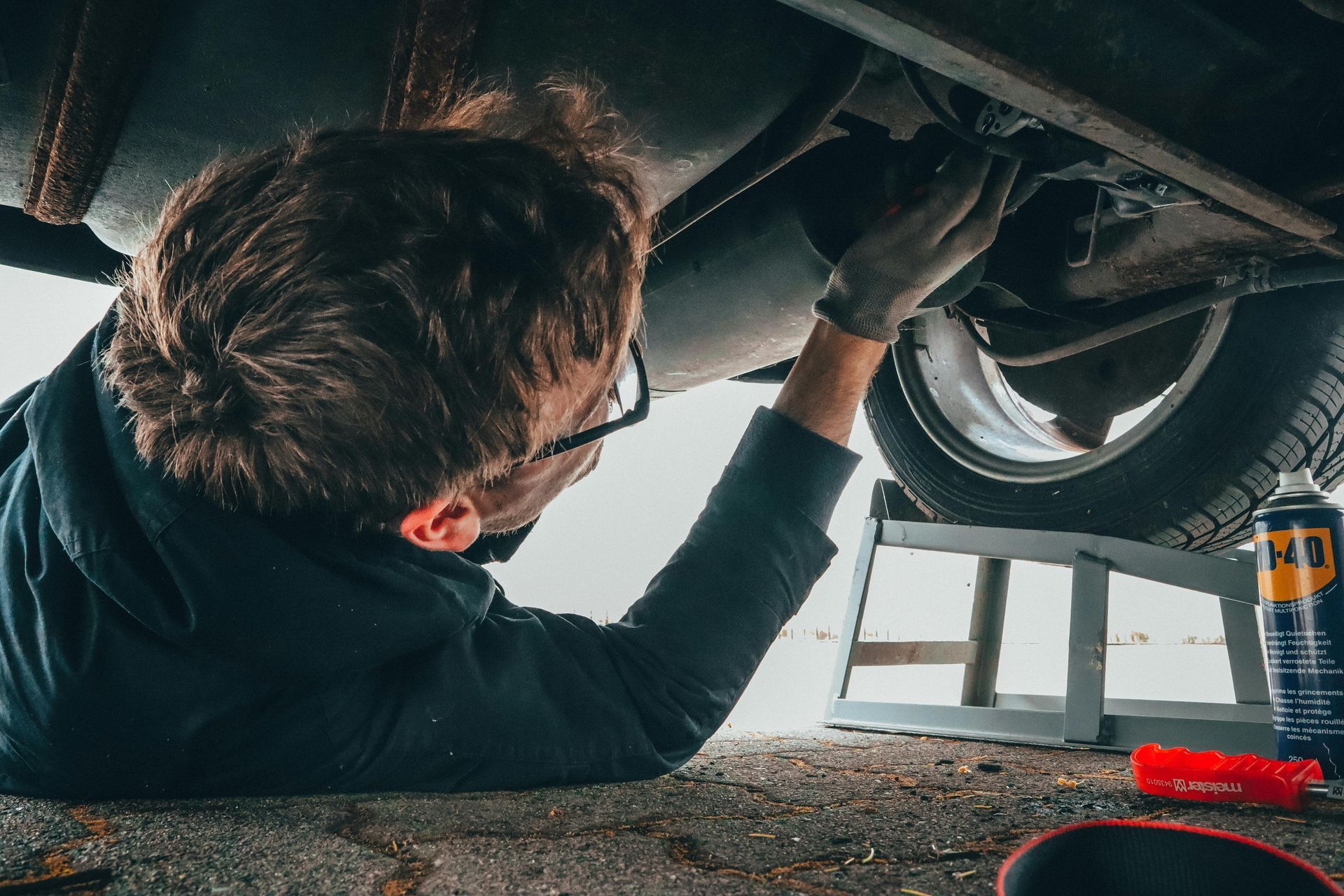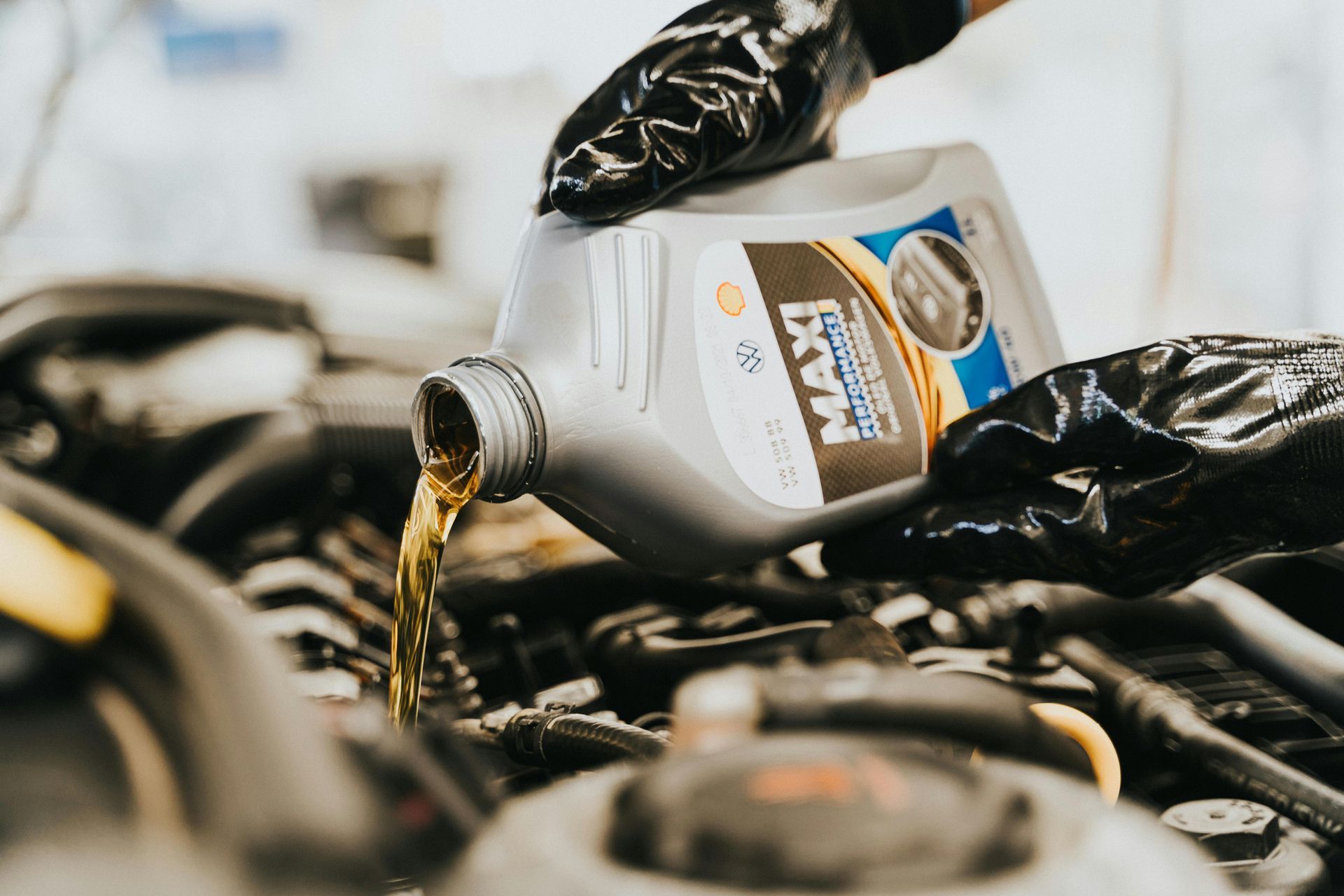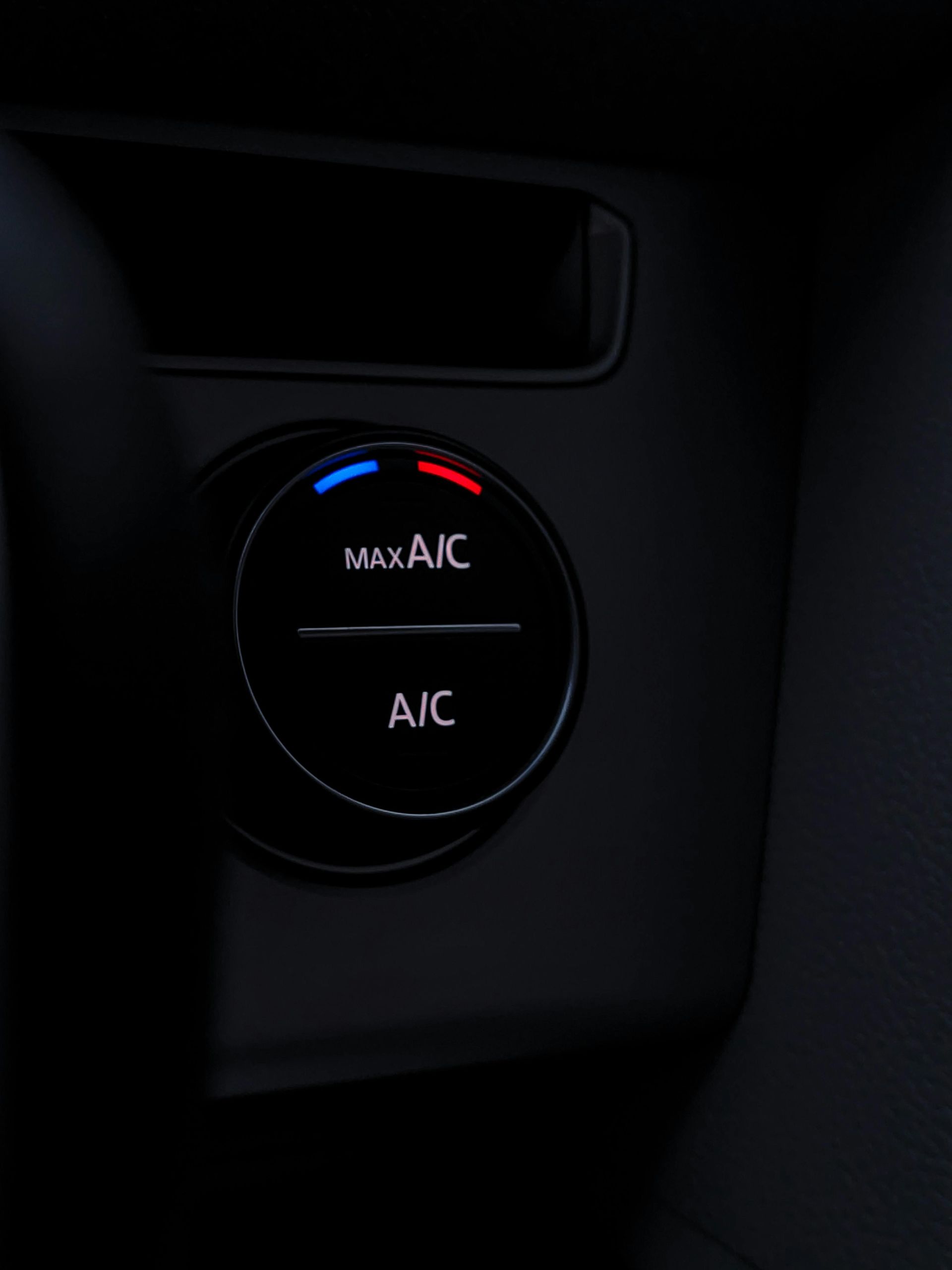Brake Performance in Maryland's Extreme Heat: What You Need to Know
When temperatures soar into the 90s and humidity makes it feel even hotter, your car's brakes face challenges that many Frederick drivers don't realize. Maryland's summer weather creates a perfect storm for brake problems – intense heat, high humidity, and stop-and-go traffic that can push your braking system beyond its comfort zone.
Whether you're commuting through Frederick rush hour traffic or taking weekend trips to Ocean City, understanding how extreme heat affects your brakes could prevent dangerous brake failure when you need stopping power most.
Why Maryland Heat Is Tough on Brakes
Maryland summers bring a deadly combination for brake systems. High temperatures and humidity create conditions that stress every component of your braking system differently than dry heat or moderate climates.
Heat buildup occurs naturally when you brake – friction between brake pads and rotors converts your car's motion into thermal energy. In Maryland's humid conditions, this heat doesn't dissipate as efficiently. The moisture-laden air can't absorb heat as effectively as dry air, causing brake components to run hotter for longer periods.
Stop-and-go traffic on I-270 or Route 15 compounds the problem. Unlike highway driving where brakes cool between uses, city driving and traffic jams create continuous heat cycling that stresses brake materials beyond their design limits.
How Heat Damages Your Brake System
Extreme heat attacks your brake system in multiple ways, often creating problems that aren't immediately obvious but can lead to dangerous failures.
Here's what happens when your brakes get too hot:
• Brake fluid boiling creates vapor bubbles that make your brake pedal feel spongy or sink to the floor
• Brake pad material breaks down and becomes less effective at creating friction
• Metal brake rotors can warp from repeated heat cycling, causing vibration and uneven stopping • Rubber seals and gaskets deteriorate faster, leading to brake fluid leaks
• Electronic brake components may malfunction when overheated
The most dangerous effect is brake fade – when your brakes gradually lose stopping power as they overheat. This can happen gradually or suddenly, leaving you with little warning before your brakes fail to stop your vehicle effectively.
Recognizing Heat-Related Brake Problems
Your car will give you warning signs when heat is affecting your brake performance. Don't ignore these symptoms – brake problems can escalate quickly in Maryland's demanding summer conditions.
Watch for these indicators that heat is damaging your brakes:
• Brake pedal feels soft, spongy, or travels farther than usual before engaging
• Burning smell after driving, especially after stop-and-go traffic or mountain driving
• Vibration in the steering wheel or brake pedal when stopping
• Squealing or grinding noises that get worse in hot weather
• Car pulls to one side when braking, indicating uneven brake performance
• Brake warning light on your dashboard, especially during hot weather
Special Considerations for Different Vehicles
Different types of vehicles face unique brake challenges in Maryland's heat, and the solutions vary depending on what you drive.
Trucks and SUVs
Heavier vehicles generate more heat when braking due to their weight and size. If you tow boats to the Chesapeake Bay or haul equipment for work, your brakes work even harder. Consider upgrading to heavy-duty brake pads designed for towing applications.
Performance Vehicles
Sports cars and performance sedans often use high-performance brake pads that handle heat well but may be noisier in everyday driving. These vehicles typically have better brake cooling systems but still need attention in extreme heat.
Older Vehicles
Cars and trucks over 10 years old may have brake fluid that's absorbed moisture over time, making it more likely to boil in hot weather. Older brake lines and seals are also more prone to heat-related failure.
Protecting Your Brakes in Hot Weather
Smart driving habits and preventive maintenance can help your brakes handle Maryland's challenging summer conditions.
Driving Techniques
Anticipate stops and brake gradually when possible instead of making hard, sudden stops. Use engine braking on long downhill stretches – downshift to let your engine help slow the vehicle. In stop-and-go traffic, leave extra space between vehicles to reduce the frequency of braking.
Maintenance Schedule Adjustments
Check brake fluid level monthly during hot weather and have it tested for moisture content annually. Inspect brake pads and rotors more frequently if you drive in heavy traffic or do a lot of city driving. Consider having your brakes professionally inspected before summer road trips.
Cooling Strategies
After driving in extreme heat or heavy traffic, allow extra time for brakes to cool before parking in an enclosed garage. If you notice brake problems developing, pull over safely and let your brakes cool completely before continuing to drive.
When to Seek Professional Help
Some brake problems require immediate professional attention, especially in hot weather when small issues can quickly become dangerous failures.
See a qualified technician immediately if you experience:
• Brake pedal that sinks to the floor or feels spongy
• Complete loss of brake pressure or stopping power
• Grinding metal-on-metal sounds when braking
• Brake warning lights that stay illuminated
• Severe vibration or pulling that makes the car difficult to control
Don't attempt to drive with compromised brakes, especially in hot weather when problems can worsen rapidly.
Stay Safe When the Heat Is On
Maryland's summer heat doesn't have to compromise your safety. With proper awareness, smart driving habits, and regular brake maintenance, you can maintain reliable stopping power even when temperatures soar.
Whether you're driving daily through Frederick traffic or planning summer road trips, your brakes need special attention during hot weather. Don't wait for problems to develop – preventive brake care is always less expensive and safer than emergency repairs.
Spectra Auto Services has been keeping Frederick area drivers safe for 35 years, and our TechNet-certified technicians understand how Maryland's heat and humidity affect brake performance. We provide comprehensive brake inspections, quality repairs using components designed for our climate, and honest advice about brake maintenance.
Call us at (301) 244-9975 to schedule your brake inspection today. Located at 324 N East St in Frederick, we back all our brake work with a 24-month/24,000-mile nationwide warranty. Beat the heat with brakes you can trust – your safety depends on it.














